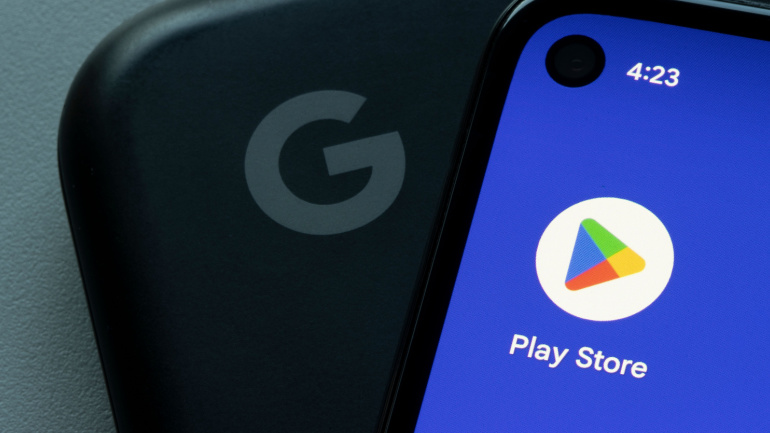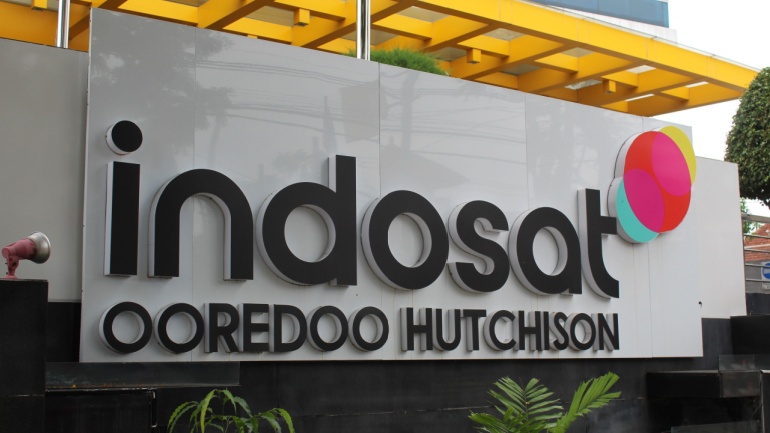In a significant development, Google has confirmed a $700 million settlement, allocating $630 million to U.S. consumers and $70 million to a fund for U.S. states. The settlement, initially reached in September and related to a class-action lawsuit filed in 2021, addresses concerns about Google’s monopoly on app distribution through the Play Store.
The search giant disclosed the details of the settlement today, emphasizing the expansion of its user choice billing program in the U.S. This program, initiated in November 2022, enables developers to utilize alternative payment methods for in-app purchases. As part of the settlement, Google announced that developers can display varying costs based on the customer’s chosen billing method.
In addition to streamlining the sideloading process, Google clarified its intention to modify the messaging surrounding sideloading. The company will combine the warning pop-up and settings screen currently presented to users attempting to sideload apps. This modified sideloading process will be maintained for at least five years, according to the settlement terms.
Wilson White, VP of Government Affairs & Public Policy at Google, stated, “While we maintain it is critical to our safety efforts to inform users that sideloading on mobile could come with unique risks, as part of our settlement, we will be further simplifying the sideloading process.”
Google highlighted Android 14’s enhancements to the app upgrade process, providing more controls for third-party app stores via an API.
Notably, Google faces an antitrust battle with Epic Games, with plans to appeal the verdict. The recent settlement prompted Epic Games to assert that it offers “no true relief” to consumers, claiming that Google’s fees continue to burden developers and restrict creative freedom over payment systems.
As the legal saga unfolds, Epic Games aims for “meaningful remedies to truly open up the Android ecosystem” in the ongoing case with Google.







